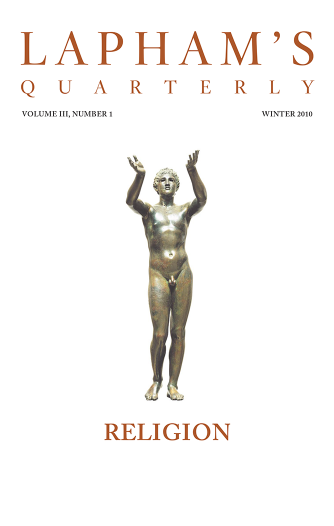According to Dinka notions of propriety, it is becoming for none but women to wear any covering; any attire, even of the most moderate description, is considered unworthy of the men. The Nubians, who are always called Turks, do not certainly belong to the most carefully clothed of the human race, yet the Dinka always term them “women,” a designation that in this sense is quite common. I always appeared in a complete suit of clothes, and my apparel accordingly gained for me the ironical title of the “Turkish lady.”
On the other hand the women here are scrupulously clothed with two aprons of untanned skin, which reach before and behind from the hips to the ankles, and are trimmed around the edges with rows of beads, small iron rings, and little bells. At that time white beads as large as peas, with blue spots, called genetot-ahdah in the Khartoum market, and others an inch in diameter, called barrad or hailstones, which were principally worn by the men as necklaces, were all the rage, every other description being contemptuously rejected. In the course of a few years the fashions in beads change, and the storehouses of the Khartoumers get overstocked with supplies that are old-fashioned, and are consequently worthless.
The Dinka live in a veritable iron age—that is to say, they live in an age in which iron has still a high value; copper is not esteemed of corresponding importance. The wives of some of the wealthy are often laden with iron to such a degree that, without exaggeration, I may affirm that I have seen several carrying about with them close upon half a hundredweight of these savage ornaments. The heavy rings with which the women load their wrists and ankles clank and resound like the fetters of slaves. Free from any other domination, it is remarkable of this people how, nevertheless, they are not free from the fetters of fashion.
From The Heart of Africa. The son of German fugitives from the Napoleonic Wars, Schweinfurth was born in Latvia in 1836. From 1863 to 1866 he explored Egypt and the Sudan; upon his return to Berlin, he received a grant to undertake a botanical exploration of Central Africa. Writing to a friend in 1869, Schweinfurth declared his belief that one should keep “the cause of science in one’s sights and not sacrifice it to the foolish desire to play the moral judge under circumstances that have nothing to do with us.”
Back to Issue
